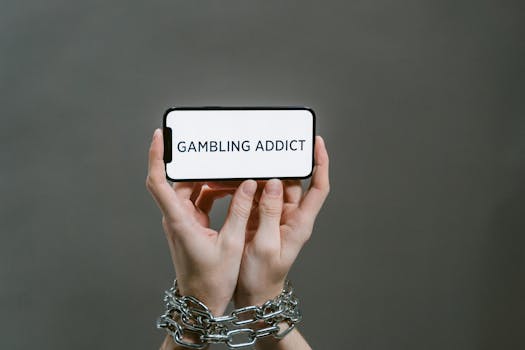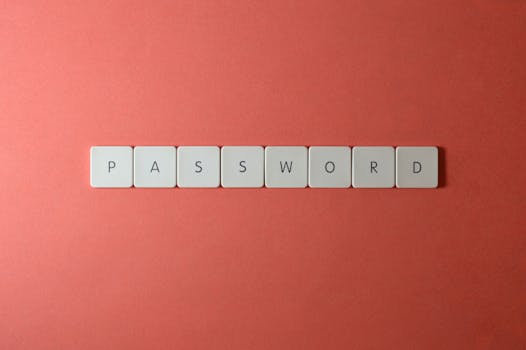Online Gambling: A Threat to Mental Peace
The rapid proliferation of online gambling platforms has transformed the landscape of leisure and entertainment. While these platforms offer accessibility and a variety of gaming options, they also pose significant risks to players' mental peace and overall well-being. This article delves into the impact of online gambling on mental health, explores various solutions to mitigate these effects, and provides a balanced view of the advantages and disadvantages of each approach.
Understanding the Impact of Online Gambling on Mental Health
Online gambling, which includes activities like poker, casino games, sports betting, and slots, can be a fun and exciting pastime. However, it also carries the potential for addiction, leading to serious mental health issues such as anxiety, depression, and stress. The convenience and anonymity of gambling online make it particularly enticing and potentially dangerous, as it's easier to hide a gambling habit from friends and family. The isolation often associated with online gambling can exacerbate feelings of loneliness and anxiety (Source: www.psychologytoday.com).
Approaches to Mitigating the Mental Health Risks of Online Gambling
Several strategies have been developed to address the mental health challenges posed by online gambling. These include regulatory measures, self-help tools, and professional support systems.
Regulatory Measures
Many countries have recognized the risks associated with online gambling and have implemented regulatory measures to protect users. These regulations often include age restrictions, limits on betting amounts, and policies requiring platforms to monitor and intervene in cases of excessive gambling behaviors.
Advantages: Regulatory measures provide a framework that helps reduce the incidence of gambling addiction. They ensure that gambling platforms operate responsibly and transparently.
Disadvantages: Regulations can be hard to enforce, especially with the presence of many unregulated online platforms. Additionally, too strict regulations might push users towards illegal gambling sites.
Self-help Tools
Technology has also paved the way for the development of self-help tools that gamblers can use to manage their activities. These tools include self-exclusion programs, time limits, and budgeting apps that help users control their spending and gambling time.
Advantages: Self-help tools empower individuals to take control of their gambling habits proactively. They are easily accessible and can be a first step in seeking help.
Disadvantages: Reliance on self-discipline may not be sufficient for everyone, particularly those who are already struggling with gambling addiction.
Professional Support Systems
For those who need more than regulatory protection and self-help tools, professional support systems such as therapy and counseling are available. Professionals specializing in gambling addiction can provide tailored therapies that address the root causes of addiction.
Advantages: Professional intervention is often effective in treating severe cases of addiction. Therapies can also address co-occurring mental health issues, which are common among compulsive gamblers.
Disadvantages: Accessing professional help can be costly and may not be covered by insurance. Additionally, there still exists a stigma around seeking help for gambling problems, which can prevent some individuals from accessing these services.
Practical Example
Consider the case of the UK, where the Gambling Commission regulates online gambling platforms. They require these platforms to provide self-exclusion options and set limits on player deposits. Such measures have been shown to reduce gambling-related harm, offering a model that other countries might follow (Source: www.gamblingcommission.gov.uk).
Conclusion
While online gambling offers entertainment, it also poses a threat to mental peace, potentially leading to serious mental health issues. The approaches discussed, including regulatory measures, self-help tools, and professional support systems, each have their pros and cons, but collectively they provide a comprehensive defense against the risks associated with online gambling. Individuals must assess their situation and choose the most appropriate solution. Regulatory bodies and online platforms must continue to innovate and enforce measures that protect users from the potential harms of online gambling.
Recommendation
If you or someone you know is struggling with gambling addiction, it is crucial to seek help immediately. Consider utilizing self-help tools and professional counseling to manage and overcome gambling issues. Remember, prioritizing mental health and seeking support is a sign of strength, not weakness.
For further guidance and support, please visit National Council on Problem Gambling or similar organizations dedicated to helping those affected by gambling addiction.

.png)





